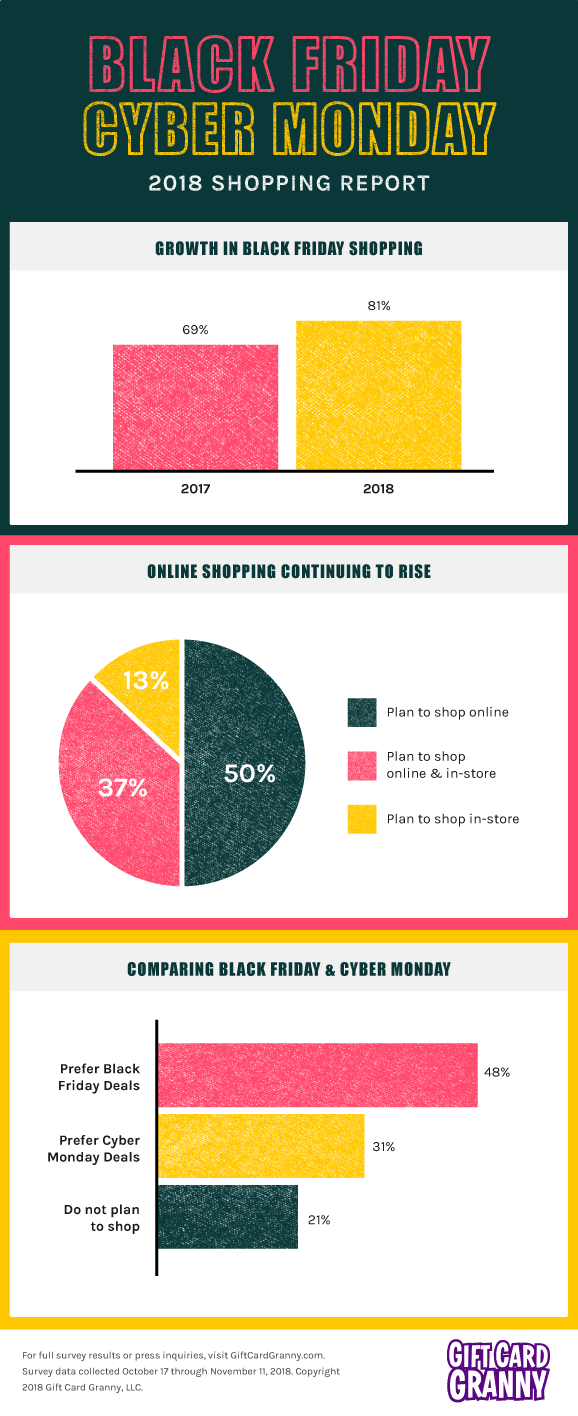Browsing the legal landscape for companies that offer personalized items requires recognition of numerous legislations and guidelines. Whether you are offering your items online or through an app you have created, preserving legal contracts attending to privacy, refund, and delivery plans is vital for the smooth procedure of your service. This short article will explore three legal suggestions for offering customized items.
Trademarks
Hallmarks-- those little floating letters, tm or r, and in some cases an s-- are essential to marketing your products. However if you're not a legal representative, understanding them can be daunting.
As an example, a trademark secures brand names, logo designs and slogans from unapproved usage. Registering a trademark can help protect your service name from violation, but the process can be lengthy and complex.
Also, copyright law safeguards original works of authorship-- such as the layouts on custom body pillows-- and it is very important to have arrangements in position that transfer possession of your layouts to you. Finally, take into consideration applying for design patents to protect the distinct and novel features of your products. These three crucial pointers simplify the complicated process of offering customized products.
Copyrights
Copyright law safeguards original jobs of authorship, consisting of styles and artwork made use of in tailored items. It is important for vendors to be knowledgeable about copyright legislations to guarantee that they are not infringing on anybody's civil liberties. As an example, if you are offering t-shirts with Disney styles on them, you likely need permission from Disney before doing so. Failure to do so could bring about takedown notifications, penalties, and also a wrecked track record as an artist or seller. The good news is, there are several methods to prevent this problem, such as looking for ownership notes or writer summaries. If you are still uncertain, it is best to get in touch with the owner and ask approval.
Intellectual Property Rights
Intellectual property rights, consisting of patents, copyrights, hallmarks, and trade secrets, play a vital function in our modern economic climate. They offer an incentive to creators and developers by granting them near monopoly legal rights over their productions for a collection period of time. They likewise protect assets that can be utilized to produce competitive advantages for firms such as logo designs or trademark name.
It is essential to comprehend just how these 4 key categories of IP law impact your company since, without security, your effort and distinct styles could be openly replicated by anyone. To avoid violating intellectual property rights, make sure you use just royalty-free media and call for any kind of staff members with access to secret information to sign non-disclosure agreements. You ought to likewise seek advice from an IP lawyer if you presume your copyright has been stolen.
Licensing
The sale of personalized products requires an extensive understanding of various legal elements. By attending to copyright rights, consumer defense legislations, and other relevant concerns, entrepreneurs can operate their businesses glassblowing efficiently and prevent costly lawful conflicts.
Licensing is a complex procedure that includes registering trademarks and submitting applications to the proper authorities. In addition, licensing contracts often call for a particular surveillance plan that ensures the licensee is following their responsibilities.
Whether you sell your items online or through an application, it is vital to have clear lawful contracts in position. This includes a Personal privacy Policy, Terms arrangement, Return and Refund policy, and Delivering policy that are all quickly accessible from your website and app. It also includes a dispute resolution procedure that attends to any prospective lawful concerns that may develop.
Dispute Resolution
Problem is an unavoidable part of life, whether it's arguments with family members or work environment stress. Selling tailored things entails navigating various legal problems, consisting of copyright rights, consumer protection legislations, and item responsibility, so it is very important to take precautionary steps to alleviate possible conflicts. Having clear legal arrangements and dispute resolution processes in place can decrease threats.
Individuals frequently fix disagreements themselves with arrangement, as an example, by talking over the phone and choosing a remedy that benefits both sides. However, if a disagreement can not be fixed informally, different methods might be necessary. These include mediation, neutral analysis, summary court test, and settlement. They can be made use of individually or in combination. These processes are commonly less formal than a lawsuit, yet they can still be time-consuming and costly.
